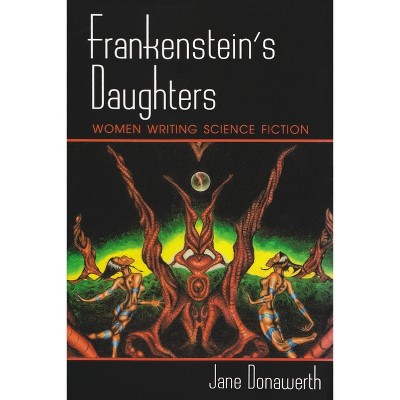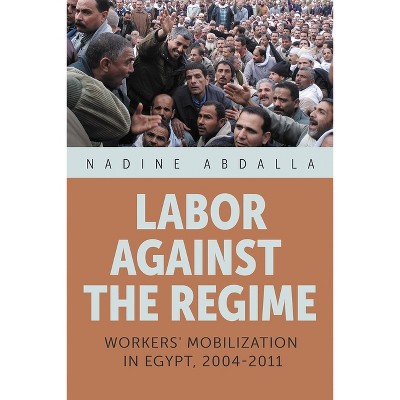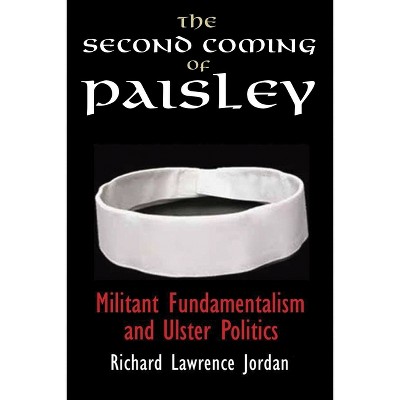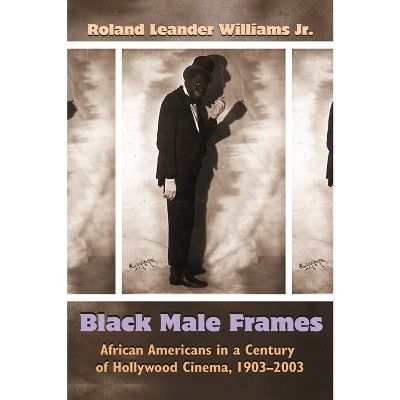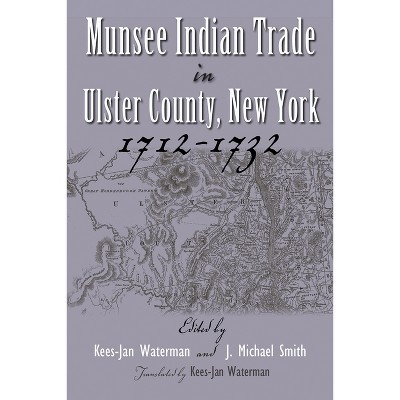$10.99 sale price when purchased online
$19.95 list price
Target Online store #3991
About this item
Highlights
- In this fascinating collection of essays, one of the world's preeminent science fiction writers explores a wide range of science fiction and fantasy writers and writings.
- About the Author: Brian Aldiss is that rare phenomenon among writers, a critic as well as a major creative force, whose contemporary novels as well as his science fiction have met with great success.
- 236 Pages
- Literary Criticism, Science Fiction + Fantasy
Description
Book Synopsis
In this fascinating collection of essays, one of the world's preeminent science fiction writers explores a wide range of science fiction and fantasy writers and writings. The contents and themes include a letter to Salvador Dali . . . Mary Shelley and Frankenstein . . . the Immanent Will and Olaf Stapledon . . . the work of Philip K. Dick . . . Theodore Hamilton Sturgeon . . . Orwell's Nineteen Eighty-Four . . . James Blish . . . Culture: Is it Worth Losing Your Balls For? . . . Wells and the Leopard Lady . . . H. P. Lovecraft's 'The Music of Erich Zann' . . . Jekyll . . . the differences between United States and United Kingdom fantasy . . . Anna Kavan as 'Kafka's Sister' . . . Campbell's Soup (Astounding Science Fiction under the editorship of John Wood Campbell) . . . science fiction's relationship to science and literature in general.From the Back Cover
We devotees of SF enjoy its diversity of opinion, the bustle of bright and dark, the clash of progress and entropy, the clamour of theories about the past, the future, the ever-present present, everything. In this fascinating collection of essays, one of the world's pre-eminent SF writers explores a wide range of SF and fantasy writers and writing.About the Author
Brian Aldiss is that rare phenomenon among writers, a critic as well as a major creative force, whose contemporary novels as well as his science fiction have met with great success. This present volume may be considered as a continuation of the discourse presented in Billion Year Spree and Trillion Year Spree (written with David Wingrove). Its scope is wide, its tone humane rather than academic.Dimensions (Overall): 9.18 Inches (H) x 6.38 Inches (W) x .51 Inches (D)
Weight: .8 Pounds
Suggested Age: 22 Years and Up
Number of Pages: 236
Genre: Literary Criticism
Sub-Genre: Science Fiction + Fantasy
Publisher: Syracuse University Press
Format: Paperback
Author: Brian W Aldiss
Language: English
Street Date: May 1, 1995
TCIN: 1001920355
UPC: 9780815603702
Item Number (DPCI): 247-11-7680
Origin: Made in the USA or Imported
If the item details aren’t accurate or complete, we want to know about it.
Shipping details
Estimated ship dimensions: 0.51 inches length x 6.38 inches width x 9.18 inches height
Estimated ship weight: 0.8 pounds
We regret that this item cannot be shipped to PO Boxes.
This item cannot be shipped to the following locations: American Samoa (see also separate entry under AS), Guam (see also separate entry under GU), Northern Mariana Islands, Puerto Rico (see also separate entry under PR), United States Minor Outlying Islands, Virgin Islands, U.S., APO/FPO
Return details
This item can be returned to any Target store or Target.com.
This item must be returned within 90 days of the date it was purchased in store, shipped, delivered by a Shipt shopper, or made ready for pickup.
See the return policy for complete information.
Trending Poetry

Bestseller
$24.48
MSRP $35.00
Buy 2, get 1 free select books, movies, music & Funko
4.7 out of 5 stars with 26 ratings

Bestseller
$14.39
Buy 2, get 1 free select books, movies, music & Funko
3.8 out of 5 stars with 62 ratings

$22.80
was $26.60 New lower price
Buy 2, get 1 free select books, movies, music & Funko
5 out of 5 stars with 4 ratings

$23.09
Buy 2, get 1 free select books, movies, music & Funko
4.4 out of 5 stars with 11 ratings

$23.09
Buy 2, get 1 free select books, movies, music & Funko
4 out of 5 stars with 16 ratings

Highly rated
$9.85 - $23.09
MSRP $15.99 - $32.99
Buy 2, get 1 free select books, movies, music & Funko
4.8 out of 5 stars with 137 ratings

